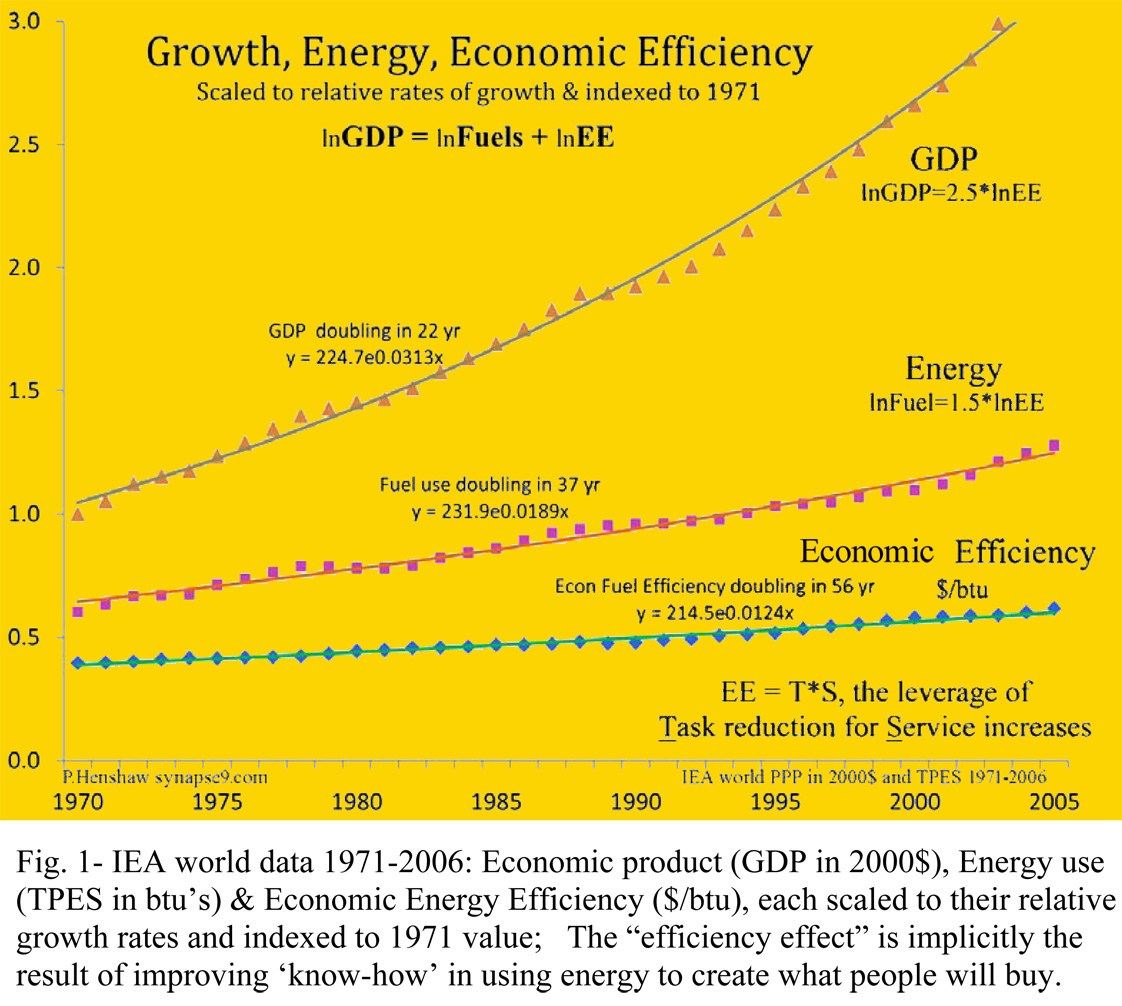Sometimes it pays to recognize circular arguments with no escape, and realize one or more of the core assumptions causing that needs to be questioned.
The presently brutal and worsening job market in the developed countries is often discussed with a circular argument: that stimulus isn’t working so we need more, but governments run a risk of collapse if the jobs are not productive… That is now heard over and over, and it’s worth looking at it as painting a circle of common assumptions that everyone would like to escape.
The problem caused by economies becoming unresponsive to Keynesian stimulus was actually brilliantly studied by Keynes… His simple conclusion was that when stimulus provided by governments filling in as “spenders of last resort” didn’t work then investors would need to take that role, even to the point of ending the accumulation of investment to make economies physically sustainable. The assumption that is not variable is that we live in a finite world. Continue reading Switching the “spender of last resort” when government goes broke…

